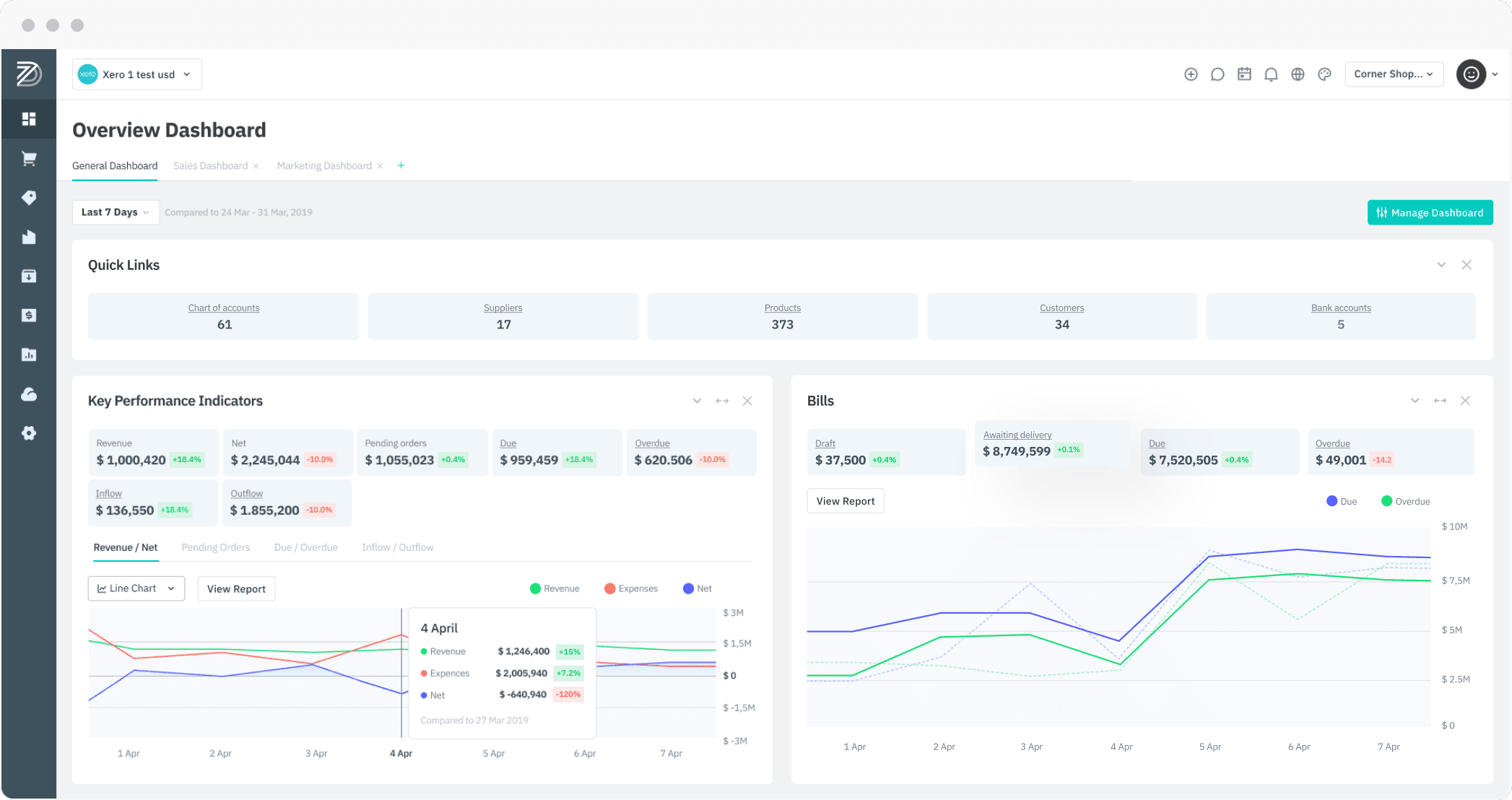Inventory is key for any business, and for maximum efficiency, you need to be able to track your items accurately. One of the best tools for proper inventory management is the SKU. But what exactly is an SKU, and how can it help boost your business’s sales and productivity?
What is an SKU?
SKU, or Stock Keeping Unit, is a product’s code that allows you to search for a specific item in your inventory. Essentially, this alphanumeric code lets you find a certain item from any list or order form you might have.
SKUs are one of the most vital aspects of inventory tracking, eliminating countless hours spent on menial tasks. Any business that sells any type of product can benefit.
What are SKUs Used For?
SKUs actually serve a number of purposes within your business. The first and perhaps most obvious application is inventory management. You can instantly discover where a product is or how many of a certain item you have.
SKUs can also be used for analysis. You can run reports on your items to discover trends among your customers. It’s easy to identify if a product has been particularly in demand recently or if an item hasn’t been selling as well as it did last season.
An unexpected place you can use SKUs is in customer service. Say your customer wants a particular item in a different size or color. You can browse alternate versions of that item to see what’s in stock in an instant. Similarly, SKUs are often used for product recommendations online. You’ll see a “You might also like…” section when you’re browsing for a certain item; those recommendations likely have similar SKUs to that of the product you’re searching for.
Finally, SKUs can be utilized in advertising. Most of the time, businesses will advertise their SKU instead of the model number assigned by the manufacturer. This practice helps prevent customers from finding the same product from a competitor, decreases the risk of competitors adopting the same pricing strategies, and helps stop customers from browsing in-store to compare prices for an item they intend to buy online.
Why Do I Need SKUs?
As you might guess, the biggest benefit to using SKUs is the ability to track your inventory. Need to know where a specific item is? You can find it in an instance. Curious about how many of a certain product you have? You can run a report at the touch of a button.
You’ll instantly have more control over your supply chain as well. SKUs can help you find damaged or missing items, and you can easily compare your actual stock levels to the levels you’re expecting to have.
Particularly as your business grows, having a good SKU system becomes increasingly important. There’s always room for human error when you’re tracking inventory manually, but with an SKU, you’ll always have an accurate look at where every single product is. You can even use your SKUs to track variants of a product to see what’s selling well and what’s underperforming.
SKU vs. UPC
On the surface, an SKU looks almost identical to a UPC or Universal Product Code. They look so similar, in fact, that many people confuse the two. However, there is a distinct difference to be aware of.
A UPC code is issued by the Global Standards Organization, is given to a product for business use, and is readable by anyone, no matter where the product is sold. An SKU, on the other hand, is assigned to a product by the company for internal purposes.
They are both used to identify and track a product, but essentially, a UPC is for external use while an SKU is solely for internal use.
To tell these two codes apart right away, note that an SKU is typically eight digits, while a UPC is always 12 digits.
Creating SKU Numbers
When you’re creating your SKUs, start by creating a format with the most important information first. You might want to include elements like the manufacturer/brand identifier, part name, category, colour, size, or any other relevant information.
Create your coding system and maintain it on a spreadsheet. This allows you to quickly add or subtract products as necessary. Keep your SKU names short, and use a combination of numbers and letters. There are a number of SKU generators if you’d rather not go through all the work yourself.
In DEAR you can choose whether to generate SKUs for your stock, service and fixed asset inventory items automatically or manually enter SKUs yourself. Auto-generated SKUs will follow the pattern specified in the settings. SKU auto-generation can be enabled and disabled at any time without affecting existing SKUs. If you choose to auto-generate SKUs, you will need to enter the pattern that DEAR will use for your product and/or service SKUs.
DEAR is able to handle 100,000 unique SKUs providing you with the possibility to manage large quantities of stock.
Improve Your Inventory Control
SKUs are just one element of an efficient inventory management system. For a complete operation, DEAR Systems has everything you need. Our inventory management operations allow you to operate multiple locations, manage large product volumes, and automatically generate product data.
No matter how big or small your business is, DEAR Systems can give you the tools you need to thrive. Contact DEAR today to learn more about our inventory management systems.






